Description
Modern infrastructure and world-class public services are central to the national visions being pursued across the Middle East and North Africa (Mena), as governments try to meet the needs of growing populations. Equally important, is the goal to grow private sector participation in driving growth and creating jobs.
Executed properly, public private partnerships (PPP) will deliver these goals. PPPs provide a model that allows governments to continue developing strategic projects and services without the need to increase direct state capital spending.
At the same time, a reliable flow of well structured, commercially attractive PPP projects will stimulate private investment and ensure that strategic performance targets to improve services and reduce waste are achieved.
But despite these compelling selling points, PPPs largely have failed to gain traction in the region outside the electricity sector, where modular construction, sovereign offtake guarantees, and long-term feedstock supply agreements reduce complexity and risk.
The New Normal
There are many reasons for the slow adoption of PPPs in the Mena region. Lack of supportive legal and institutional frameworks. Lack of capacity. Lack of track record. Failure to provide bankable projects that are attractive to investors. And so on. But the biggest factor has been a lack of political will to move to PPP. There has been no urgent need to hand over state assets to private developers.
This picture has changed. Since 2015, weak oil prices have hit the revenues of oil producing countries, particularly those in the GCC.
In 2020, Covid-19 applied breaking strain to the regional economies, and traditional public spending trends is being reviewed and cut back. Historically governments have invested heavily into infrastructure projects and public assets such as hospitals, schools, transport and more. Post-Covid-19 world, new forms of project finance are required.
Governments across the region are turning their focus to alternative project finance solutions, and PPP contracts are taking shape.
PPP in the Middle East and North Africa 2021 identifies a pipeline 242 PPP projects worth an estimated $223bn being developed.
These include schools projects in Saudi Arabia, healthcare in Kuwait and water and power projects in Qatar. In early 2020, Abu Dhabi announced its intention to tender US$2.7 billion in PPP projects to finance and operate new social, municipal and transportation assets.
For contractors, consultants and anyone else involved in the region’s construction and infrastructure industry, PPP is arguably the most exciting and lucrative source of new business opportunities around.
Countries that do not already have PPP legislation in place are moving hastily to establish new legal and institutional frameworks to support PPPs, while those that do are drawing up significant pipelines of projects to take to the market. Some schemes are being tendered even before legislation is put in place.
Bankable projects
It will not be easy, and the latest push towards PPP must avoid the pitfalls of the past to succeed. Selecting appropriate and bankable projects will be key, as will building up institutional capacity and developing a body of skilled civil servants.
PPP in the Middle East and North Africa 2021 is the latest premium market intelligence report from MEED Insight. It provides a comprehensive review of the region’s growing PPP market and assesses the outlook, opportunities and challenges for PPP in the region.
Covering 14 markets in the Mena region, PPP in the Middle East and North Africa 2021 assesses the legal and institutional frameworks that are being set up to support PPPs.
It examines the PPP project pipeline in each country and considers the political, economic and commercial challenges involved in contracting successful PPP projects.
Published in October 2020, PPP in the Middle East and North Africa 2021 looks at how Covid-19 has both disrupted and accelerated PPP in the region.
Providing a comprehensive market review with forward-looking analysis, PPP in the Middle East and North Africa 2021 is a valuable resource for anyone interested in PPP in the Mena region, including government central units, policy makers and advisers, regulators, developers, lawyers, investors, contractors, manufacturers and consultants.
All the MEED Insight reports are delivered in digital format.
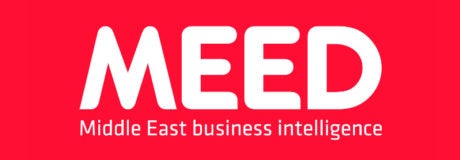
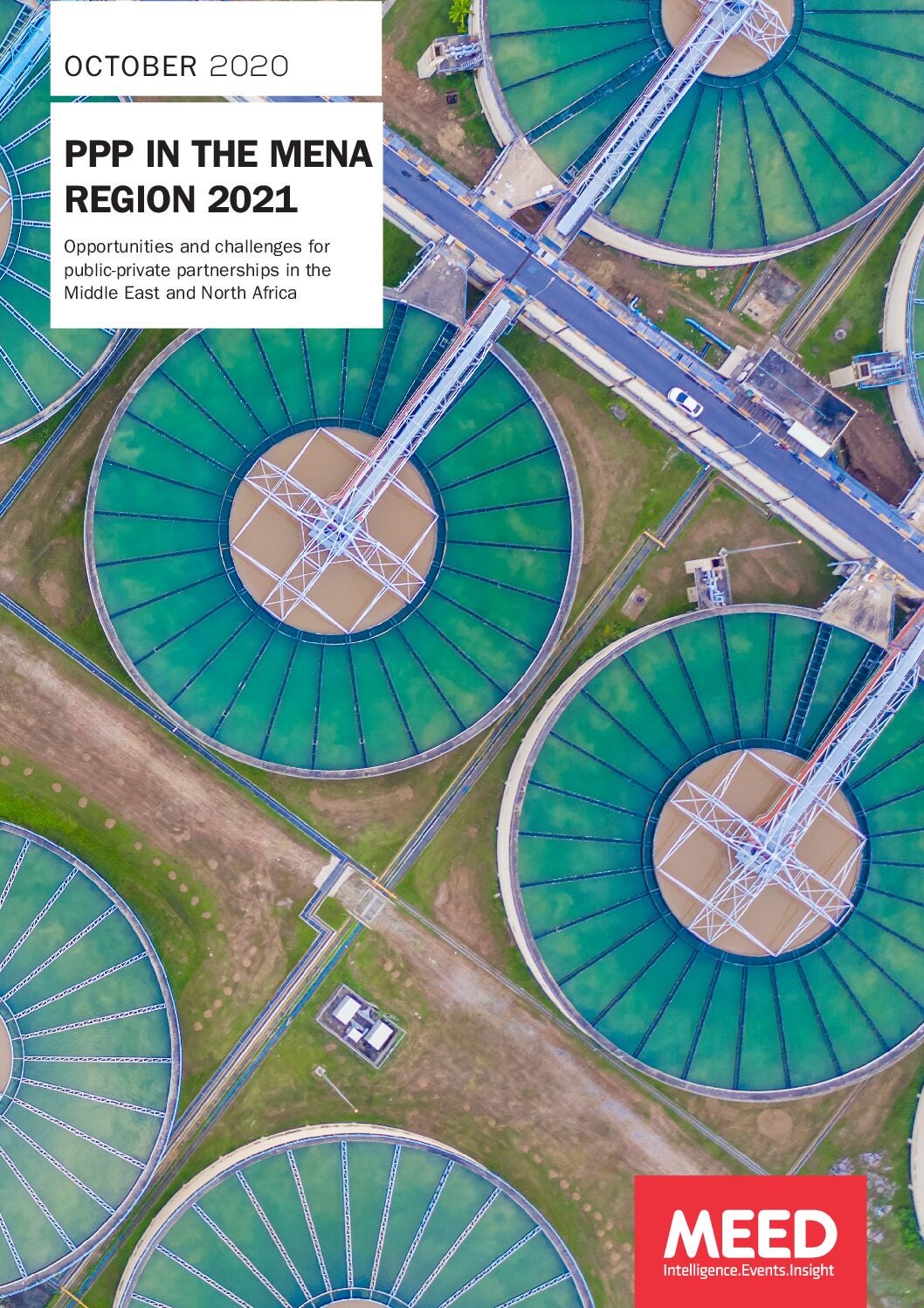
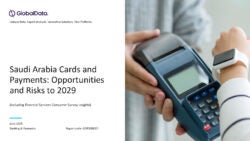
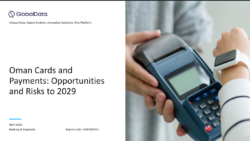
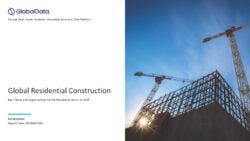
Reviews
There are no reviews yet.